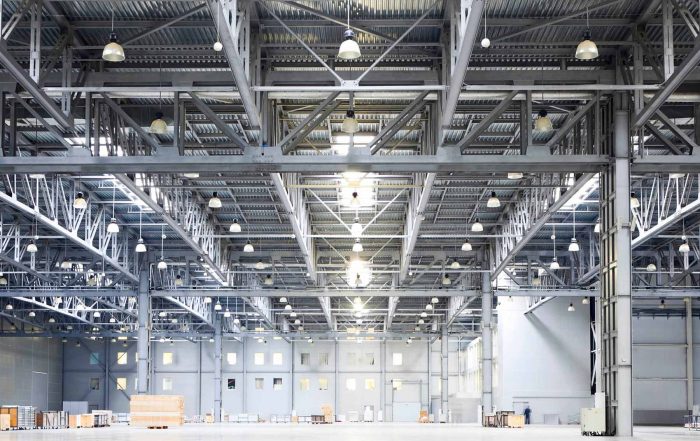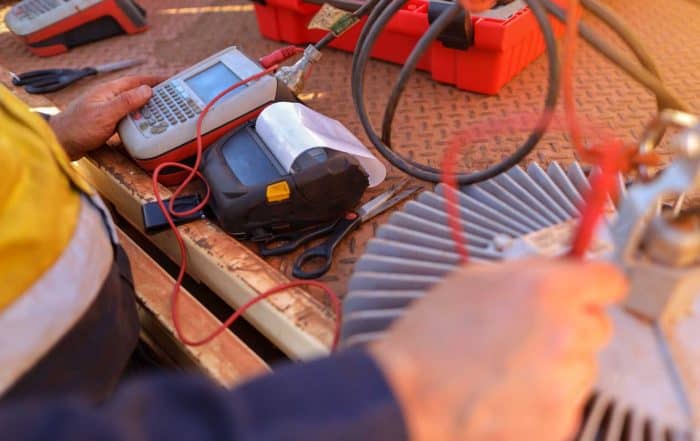Keep Warm in Winter
Keep Warm in Winter Without Breaking the Bank
Energy-Efficient Heating Tips for Sydney Homes
When Sydney temperatures begin to drop, it’s natural to reach for the heater. But with rising electricity prices, keeping your home warm throughout winter can quickly become a costly exercise. The good news? You can stay comfortable without driving up your power bill, without compromising on safety.
At Faraday Group, we’re proud to be Sydney’s trusted name in electrical services for over 60 years. We understand how crucial it is to find a balance between warmth, energy-efficiency, and cost-effectiveness. Whether you’re living in a freestanding home or an apartment, here are our top expert tips to help you heat your home smarter this winter.
Why Winter Energy Bills Rise in Sydney
Sydney winters may not be as harsh as those in Europe or North America, but our homes aren’t always built with insulation or central heating in mind. As a result, households rely more on electric heaters, heat pumps, or reverse-cycle air conditioners to take the edge off.
This increase in heating demand, combined with poor insulation or drafty windows, can send energy use soaring. But with a few practical changes, you can significantly reduce your winter power bills.
1. Choose the Right Electric Heater for Your Space
Not all heaters are created equal. Choosing the right model for your room size and usage habits makes a huge difference in both comfort and cost.
Look for the Energy Rating Label when buying heating appliances. A higher star rating means better efficiency and lower running costs.
Energy-Efficient Heating Options:
- Reverse-cycle air conditioners: These are the most efficient for heating larger spaces and are ideal if you’re running them for more than a couple of hours.
- Oil-filled radiators: Quiet and safe, these are good for small to medium-sized rooms used continuously (like bedrooms).
- Infrared or radiant heaters: Best for spot heating, like a home office or living room corner.
Did you know?
Reverse-cycle air conditioners are up to three times more energy efficient than standard electric heaters.

- Only heat the rooms you’re using, and choose the right-sized heater for each space.
- Set thermostats to 18–20°C for optimal comfort and cost.
- Using programmable timers to limit usage to peak hours.
2. Stop Heat Loss: Draught-Proofing and Insulation
Heating a room is only half the battle, keeping that warmth inside is just as important.
One of the most cost-effective ways to keep your home warm is to stop heat from escaping in the first place. Even small draughts around windows, doors, floorboards, and vents can significantly increase heating costs.
Energy saving tips:
- Use weather stripping or door snakes to block draughts.
- Seal gaps with silicone or foam insulation strips.
- Close off unused rooms to retain heat where it’s needed.
- Use heavy curtains to insulate windows, especially at night.
These minor fixes can reduce your heating costs without the need for major upgrades.
Consider Long-Term Insulation:
If you’re a homeowner, investing in ceiling and wall insulation is one of the most effective long-term ways to reduce heating costs and help you keep warm in winter. Ask Faraday Group about smart ceiling fan installations that push warm air downwards to improve heat circulation in winter.
Proper insulation is one of the best long-term investments for energy efficiency. It keeps your home warmer in winter and cooler in summer.
Focus on:
- Ceiling insulation: the most effective area to insulate.
- Floor and wall insulation: important for older homes.
- Double glazing or secondary glazing for windows.
Though upgrades require upfront costs, the return on investment can be seen through significantly reduced heating and cooling bills.
Did you know?
Up to 35% of a home’s heat loss can occur through the ceiling without proper insulation.
3. Make the Most of Natural Heat to Keep Warm in Winter
Use the sun to your advantage by opening blinds and curtains during the day to let warmth in. Then, close them at sunset to trap the heat.
Energy saving tips:
- Let north-facing windows soak up the winter sun.
- Install window coverings with insulating properties.
Even a few degrees of passive warmth can reduce how much artificial heating you need.
4. Use Appliances More Smartly in Cold Weather
Your heater isn’t the only thing impacting your winter energy bill.
Smart Heating Habits:
- Set thermostats to 18–20°C. Every degree above this can increase usage by 10%.
- Use timers to avoid running heaters unnecessarily overnight.
- Clean your heater’s filter regularly to maintain efficiency.
Appliance Tips:
- Run your dryer only when necessary. Hang clothes indoors near a sunny window if possible.
- Limit the use of underfloor heating, which can be extremely power-hungry.
- Choose energy-efficient white goods with high star ratings.
Did you know?
Clothes dryers are a leading cause of winter household fires. Regular lint removal is essential for both energy efficiency and safety.
5. Consider an Energy Audit or Electrical Safety Check
Winter is the perfect time to get your home’s electrical system checked, especially if you’re noticing flickering lights or power overloads when the heater is on.
A stressed electrical system can lead to safety hazards and inefficient power use. Heating appliances put added demand on your wiring and circuits.
A professional energy audit or electrical safety inspection by Faraday Group can help:
- Identify outdated switchboards
- Pinpoint power-hungry appliances
- Recommend energy-saving upgrades like LED lighting or smart thermostats
Faraday Group offers licensed, professional inspections to make sure your system is safe, efficient, and ready for winter.
Did you know?
Faraday Group offers comprehensive safety checks that can uncover issues before they become costly or dangerous.
6. Invest in Smart Home Heating Solutions
Technology can play a major role in keeping your heating affordable.
Smart heating options range from:
- Fully integrated home automation systems that allow you to schedule and remotely control heating, lighting, and appliance use.
- Smart thermostats that learn your habits and adjust settings accordingly will help keep you warm in winter.
- Simple plug-in timers and smart plugs that allow you to automatically turn off heaters and appliances when not in use.
These tools help reduce waste, avoid overheating, and ensure you’re only using power when it’s truly needed. Even modest smart upgrades can save hundreds per year on your electricity bill.
For more on what’s possible with smart home tech, see our blog: Your Smart House: The Essential Guide.
7. Seek Out Government Rebates and Support
In NSW, various rebates and support programs are available for eligible households.
Helpful Resources:
- Service NSW Energy Rebates
- Energy Made Easy for plan comparisons
- Sustainability Victoria for home energy tips (some advice applies nationally)
Faraday Group is happy to advise which upgrades may qualify for incentives.
8. Compare Energy Plans
Don’t assume your current provider has the best deal.
Use the Energy Made Easy government tool to compare rates. Look at:
- kWh charges
- Daily supply charges
- Solar feed-in tariffs (if applicable)
9. Get Advice from a Trusted Sydney Electrician
Faraday Group has been helping families stay warm and safe for over six decades. If you’re unsure whether your system is ready for winter, we offer:
- Same-day safety inspections
- Heating efficiency assessments
- Smart home and automation consultations
Why Choose Faraday Group This Winter?
Whether you’re concerned about your heater’s energy use, need a switchboard upgrade, or want to explore smart solutions, we’re here to help. We’re local, friendly, and committed to honest, expert advice.
Our same-day service across Sydney means you won’t be left in the cold.
Warmth, Safety, and Savings Are Possible!
You don’t need to sacrifice comfort to save on power bills. With the right heating choices, better insulation, and some expert help from Faraday Group, you can stay warm, safe, and energy-smart this winter.
Need advice or a home energy check? Contact Faraday Group today.



